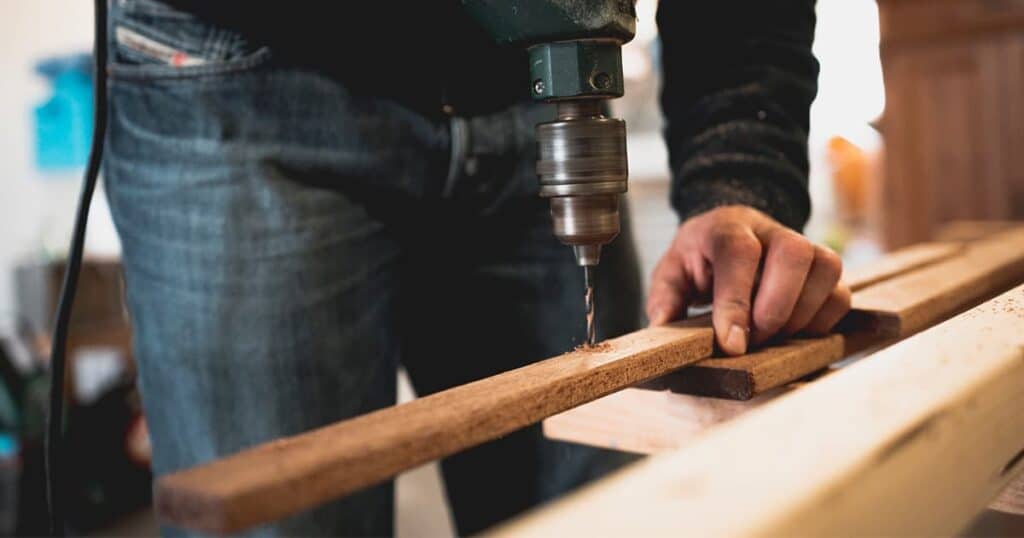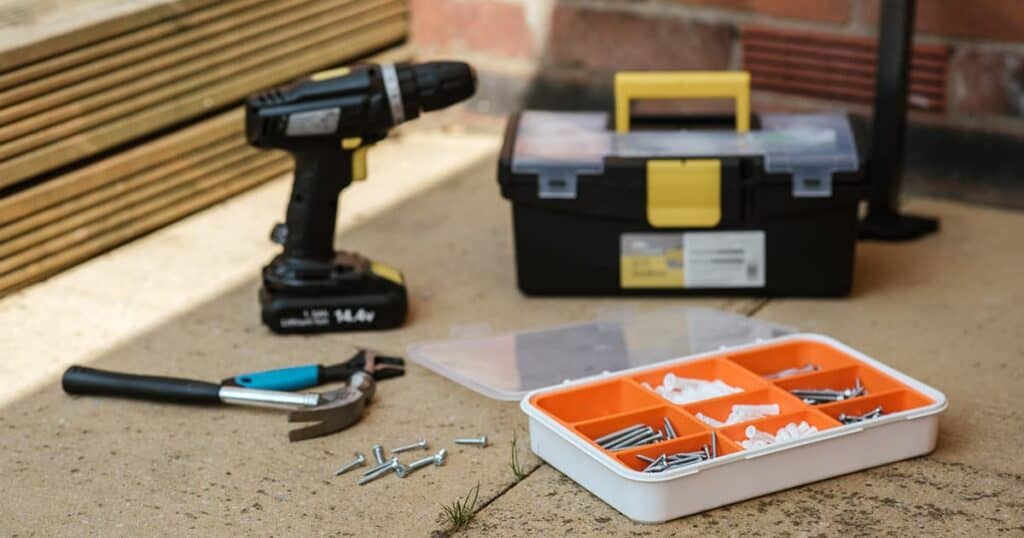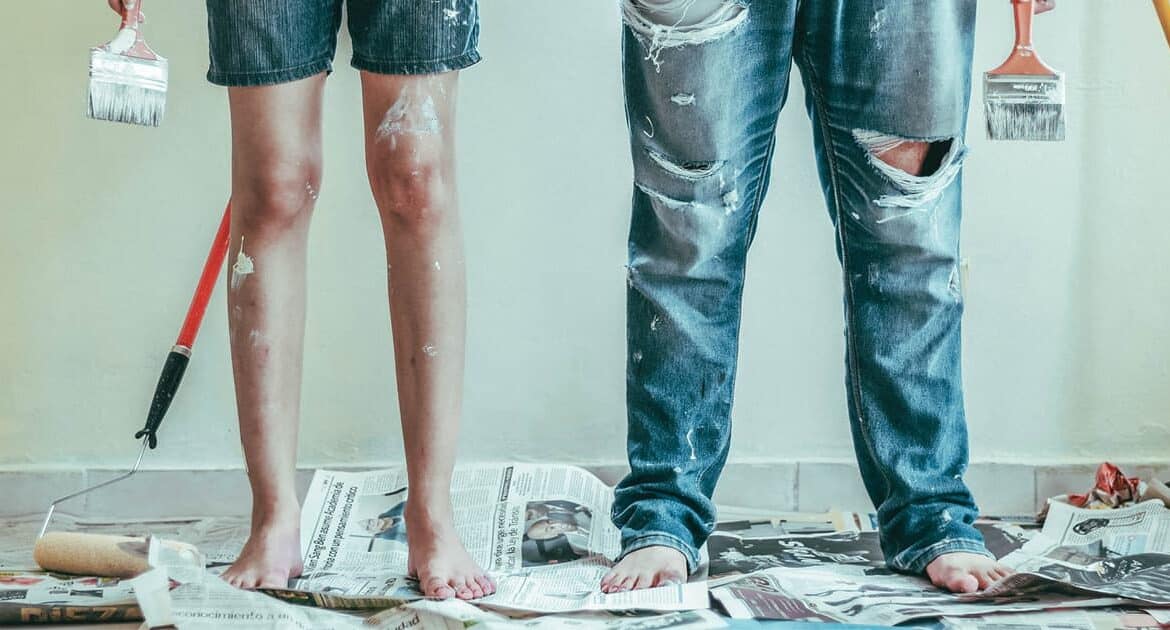‘Doing it yourself’, better known as DIY, can be a fun and cost-effective way of getting things done around the house. If you’re new to DIY, there are a few different tips you should follow before diving straight into it.
It’s better to do your research and prepare for the tasks ahead rather than figuring everything out on the job.
Is it a DIY task or one for a professional?
The main thing to consider is whether the task at hand should be done by a professional or whether you can tackle it yourself. You have to be realistic and consider whether you have the required skills to take on the project. If the job requires specialist knowledge, then the chances are that it would be best to call in the professionals.
For certain small jobs, calling upon the services of a handyman could be the right way to go. For bigger projects, it may well be worth considering making a call to a local construction company to see if they can help.
For example, if you are renovating a house, there may be certain things you can do on your own, but if in doubt, seek expert advice!
Safety first
Whenever you are attempting any DIY job, you need to consider the potential risks that you might be exposed to. Common risks include working at heights, sharp tools and heavy machinery, so you should always ensure you are wearing protective equipment to carry out jobs as safely as possible.
Research online for instructions from experts

It isn’t recommended to blindly attempt DIY, and it can be a good idea to research what needs doing beforehand. Looking for tutorials on YouTube is one excellent way of getting tips and advice for DIY jobs.
Watching videos of other people performing similar tasks and seeing a demonstration can help give you the confidence and know-how to perform it yourself. You can also read step by step tutorials for people that have written about the task you’ll be attempting, doing a quick Google search can be the ideal way to find DIY instructions.
Consider timescales
People can often put off completing DIY jobs for a long time or they rush through them which can lead to a poorer end result. It’s better to be prepared and establish how long the task is likely to take to complete so you can plan effectively and make the time to do it.
Purchase the right product for the job
Using the correct products is essential for completing a job successfully. It’s therefore important you research beforehand which specific product you will need for the task. Using the wrong products can result in poorly produced final results, or it can mean your DIY job doesn’t work at all.
If you are unsure of the products you will need, it’s worth asking someone with experience to ensure you get it right.
Buy a decent tool kit

The tool kit you use will likely have a significant impact on the job at hand. It’s always worth investing in a good quality tool kit that has a wide range of tools available. Using poor quality tools and equipment can potentially cause damage or put you at a greater safety risk.
The tools could also break mid-task and you would have to spend more money to replace them. Getting a decent tool kit will be a better long-term purchase as they tend to be more durable, and you will get more use out of them.
Look after your tools
Always keep your tools safe and together so that you don’t lose anything and know where they all are for next time. If you leave tools lying around outside, they can be exposed to rain which can cause them to rust and become unusable. It’s best to keep them in the same toolbox and always store everything away after you have finished a task and keep them in the best condition possible.
Examples of things that beginners shouldn’t attempt on their own
When deciding to attempt DIY, you have to be realistic. Certain jobs shouldn’t be attempted by beginners and in those situations, it is better to call in a professional.
Anything to do with wiring and electricals is always extremely risky to attempt for beginners and is better left to the professionals. For example, beginners shouldn’t attempt to replace electrical panels, install light fixtures or demolish electrical components.
It’s also not a good idea to attempt any form of plumbing job if you are a beginner. If anything goes wrong, then you can potentially cause a lot of damage to your property. It’s best to get in a professional plumber or someone with plumbing experience instead of performing DIY.
Other jobs best left to professionals include plastering, repairing drywall and fixing roof shingles. Before attempting DIY, you should be confident that you know what you are doing. If you are a beginner and aren’t entirely sure, it’s always better to call in the professionals.

